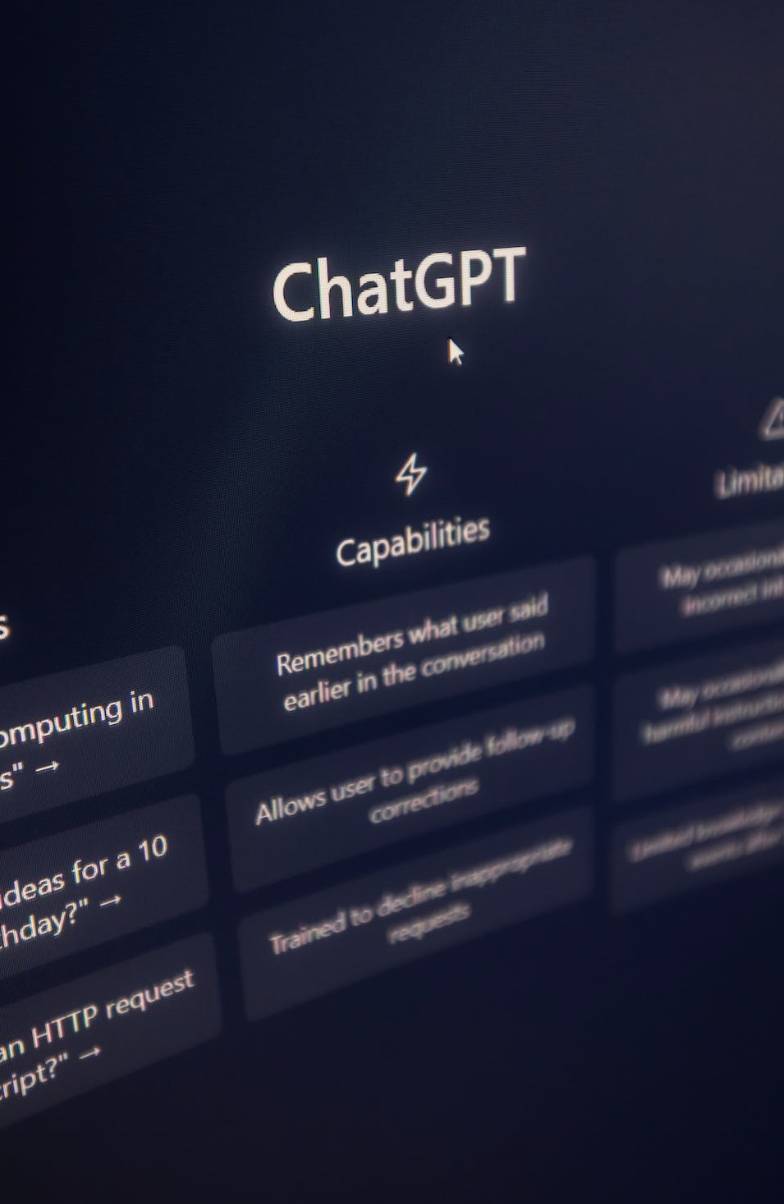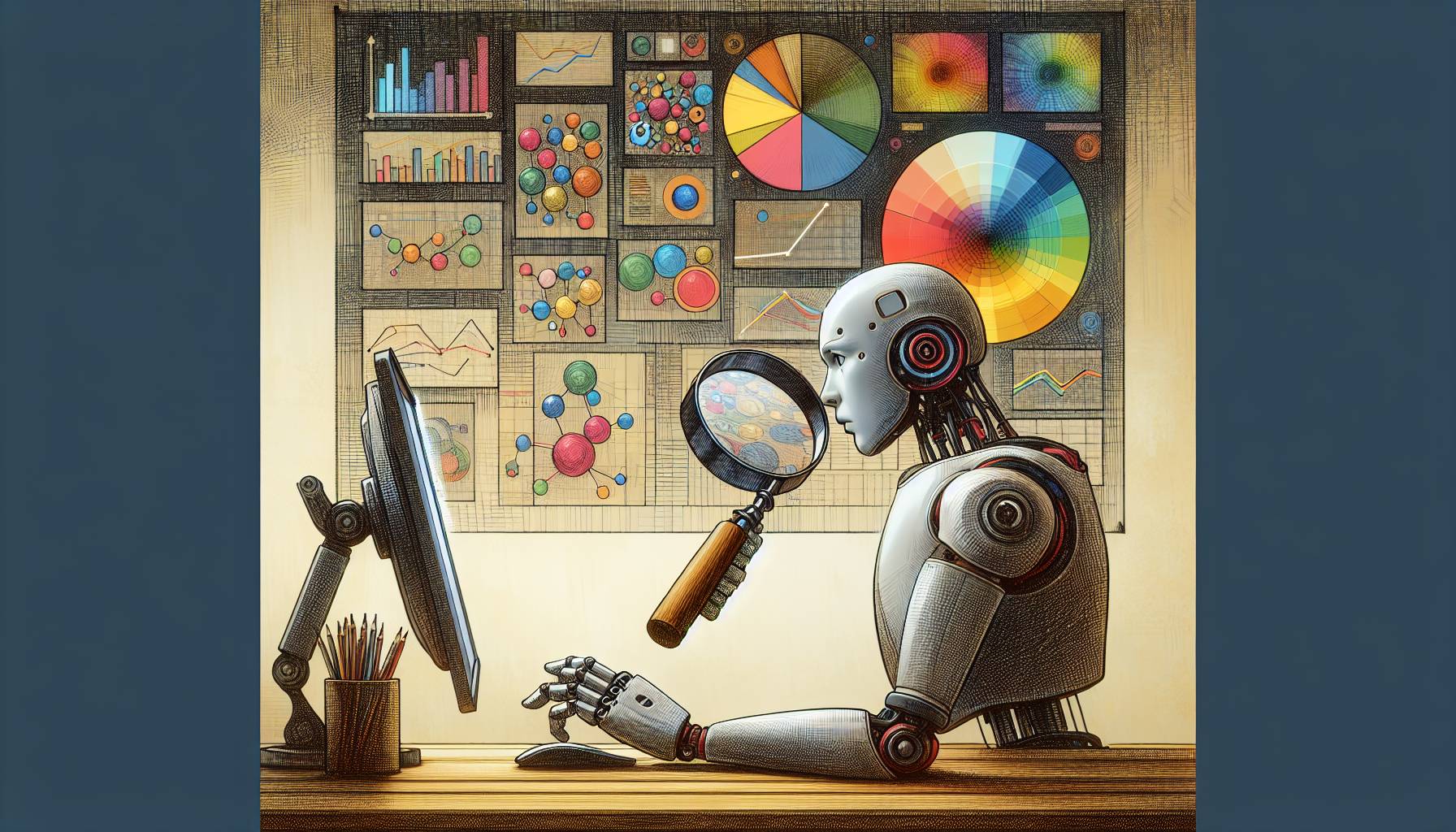China has released new rules for generative artificial intelligence (AI) that will regulate the technology powering popular services like ChatGPT. China has become one of the first countries in the world to regulate AI, and the move is seen as a significant step towards regulating the burgeoning industry that has taken the world by storm. The rules will only apply to services available to the general public in China and will take effect on August 15, 2023.
What Is Generative AI?
Generative AI is the technology behind platforms like ChatGPT. The service has exploded in popularity in recent months, and Chinese tech companies have been racing to release their own versions. Generative AI refers to a type of artificial intelligence that can create new content, such as text, images, and audio, based on patterns in existing data.
The New Rules
The Cyberspace Administration of China, the country’s top internet watchdog, has unveiled a set of updated guidelines to manage the burgeoning industry. Compared to the preliminary draft released in April, the published version, which is being called “interim measures,” appears to have relaxed several previously announced provisions.
The current version has removed language indicating punitive measures that had included fines as high as 100,000 yuan ($14,027) for violations. The state “encourages the innovative use of generative AI in all industries and fields” and supports the development of “secure and trustworthy” chips, software, tools, computing power, and data sources, according to the document announcing the rules.
China also urges platforms to “participate in the formulation of international rules and standards” related to generative AI. Still, among the key provisions is a requirement for generative AI service providers to conduct security reviews. Providers must also register their algorithms with the government if their services are capable of influencing public opinion or can “mobilize” the public.
US-China Rivalry
In the global race to build guardrails for how governments tap AI, China had gained a significant head start, US Senator Mark Warner warned last month. China is “very much ahead of the game,” he told Politico’s Global Tech Summit. Chinese companies appear to be waiting for the updated rules to be issued before officially rolling out their ChatGPT-style services to the public.
So far, Baidu, Alibaba, and JD.com’s generative AI services are either in the trial stage or being tested by corporate users. According to the rules, regulators must still approve their products.
China’s Regulatory Strategy
China wants to compete with the US in high-tech, but its regulatory strategy may stifle AI progress. Regulators appear to be aware of the concerns and stress the need to strike a balance between “development and security.”
“The way China approaches AI regulation will likely be consistent with its approach to regulating other areas of prominent technology, such as the internet or social media, where it operates strict censorship to control the flow of information,” Citi analysts said in a research note earlier this week.
Impact on the AI Industry
The new rules are expected to have a significant impact on the AI industry in China. Some experts predict that the rules will add fuel to an existing US-China rivalry in emerging technologies. China has been leading the world in AI research and development, and the new rules are seen as a way to consolidate the country’s position as a global leader in the field.
Some industry insiders worry that the rules may stifle innovation and make it harder for startups to compete with established players. They fear that the new regulations may lead to a concentration of power in the hands of a few large companies. This could limit competition and hinder the development of new and innovative AI applications.
Conclusion
China’s new rules for generative AI are a significant step towards regulating the industry that has taken the world by storm. The rules are expected to have a significant impact on the AI industry in China. Some experts predict that they will add fuel to an existing US-China rivalry in emerging technologies. While some industry insiders worry that the rules may stifle innovation, regulators stress the need to strike a balance between “development and security.”
FAQ
What is generative AI?
Generative AI is an AI subfield that can generate brand-new data including text, graphics, and audio. The AI crafts new material based on preexisting data patterns.
What are the new rules for generative AI in China?
China has issued new laws for generative artificial intelligence (AI). This is to make an effort to control the development of technologies like the ones used by ChatGPT. On August 15, 2023, the regulations will go into effect for all services offered to the general public in China.
What is the impact of the new rules on the AI industry in China?
The new regulations will likely have far-reaching effects on China’s artificial intelligence sector, including tools like ChatGPT. Those in the know believe the guidelines will heighten the competition between the United States and China over cutting-edge innovations. There is concern among industry insiders that the requirements would stifle innovation. Authorities insist on finding a middle ground between “development and security.”
First Reported on: CNN













